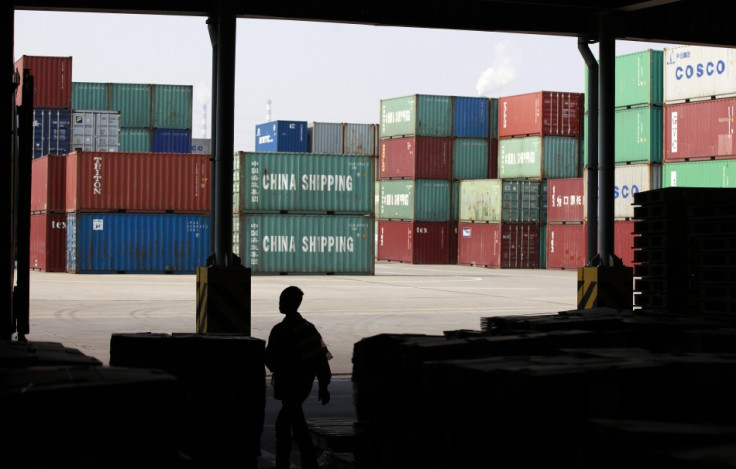China's February Exports Beat Estimates but Imports Remain Weak
Shipments rose 21.8 percent in February

China's exports jumped more-than-estimated in February underscoring speculations on the country's economic recovery, although imports remained weaker -than -expected.
According to data from the country's General Administration of Customs, shipments rose 21.8 percent year-on-year during the month. This was less than the 25 percent increase recorded in January, but sharply over the analysts' forecasts of 5 percent rise.
Imports dropped 15.2 percent from the 28.8 percent rise recorded in January, more than the forecasts of a 10 percent decline, which is attributed to the extended holidays due to Lunar New Year Celebrations.
The trade surplus declined to $15.25bn from $29.15bn in January. But this sharply beat analysts' expectations of a $16bn trade deficit.
Although the data surprised estimates, some analysts point out that the figures are consistent with the recent surge in overseas assets held by financial institutions, indicating some capital flows could be embedded in trade with exporters using over-invoicing to allow funds to capitalise on the surging real estate and stock prices.
"A higher than expected export performance appears to be in line with the strong capital inflows at the beginning of the year," noted China economists at ANZ.
"In our view, it is time for China to tilt its trade policy to encourage imports while gradually lowering subsidies on exports, in order to reduce the large trade surplus that could bring about renewed pressure on the RMB leading to the risk of an asset bubble".
However, despite the upbeat data, concerns still remain as China failed to reach its 2012 trade target of 10 percent, mainly due to the weak conditions in eurozone and the United States. Investors fear that if the global economy continues to remain weak and hurt demand, China may have a harder time in stabilising its economy.
This concern was underscored in the country's February manufacturing Purchasing Managers' Index (PMI) which showed a drop in new exports and imports orders. Such conditions would hurt the overall shipments and cut imports that fuel China's production-driven economy.
© Copyright IBTimes 2025. All rights reserved.





















